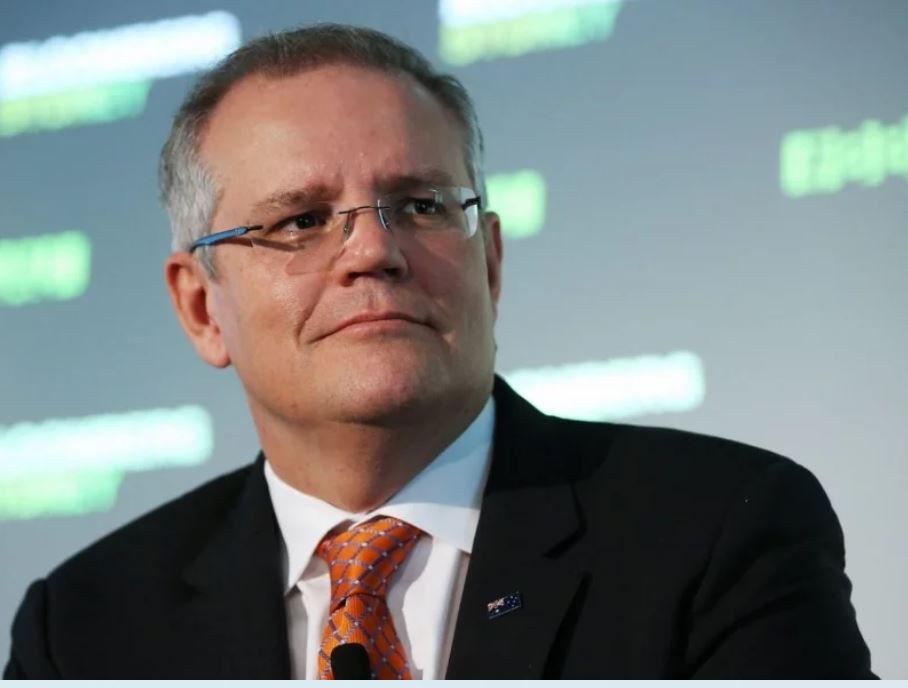Australia should become a world-leader in research development as part of its economic recovery from the COVID-19 pandemic, with a focus on regulation and data, Prime Minister Scott Morrison has said.
Addressing the Australian Financial Review’s Business Summit on Tuesday morning, Mr Morrison said Australia “must become a world-leader in [R&D].”
Mr Morrison flagged R&D facilitated through “smart regulation” by governments at all levels, and better use of data, as being key to Australia’s economic recovery, and will play a central role in an update to the government’s digital strategy, which will be unveiled later this year.

Australian businesses must focus on R&D as part of the economic recovery, Mr Morrison said, and continue the digital push that was forced upon them due to the pandemic.
“Past-COVID we need to keep our foot on that digital accelerator. This requires governments to adopt a different mindset to regulation. Modernising regulation, whether around competition, consumer protection, finance, safety or security, shouldn’t be seen as a hand brake on innovation,” Mr Morrison said.
“Through smart regulatory design, the challenge is to open up new economic opportunities in the private sphere, while ensuring the benefits of the digital era deliver broader publics.”
Mr Morrison pointed to the big tech media bargaining code, which was passed by Parliament last month, as a successful example of this.
“Our government successfully took on this challenge most recently with the news media bargaining code through the big tech companies. Many people said, ‘you won’t get that done’, but we have,” he said
Better use and availability of data will also be a key plank of the economic recovery, Mr Morrison said, with a need to improve skills in this area.
“Data needs processing, just as oil needs refining. Data will power much of the transformative technology of the future, like artificial intelligence, machine learning and predictive analytics. Data doesn’t need huge refineries, but it does need smart people and businesses and digital infrastructure,” he said.
“That’s why our skills agenda is so important. It’s also why we’ve progressed so many other initiatives, like the regulatory sandbox, digital economic agreements, the Consumer Data Right, NBN, 5G, e-invoicing and digital identity.”
Senator Jane Hume, newly appointed as the assistant minister for the digital economy, has been tasked with developing an update to the government’s digital strategy, which will include this focus on R&D, deregulation and data.
Do you know more? Contact James Riley via Email.


Perhaps the government could start buying technology from local innovators as a matter of policy – rather than the opposite. That’s what’s done in pretty much every country that actually has a repution for innovation